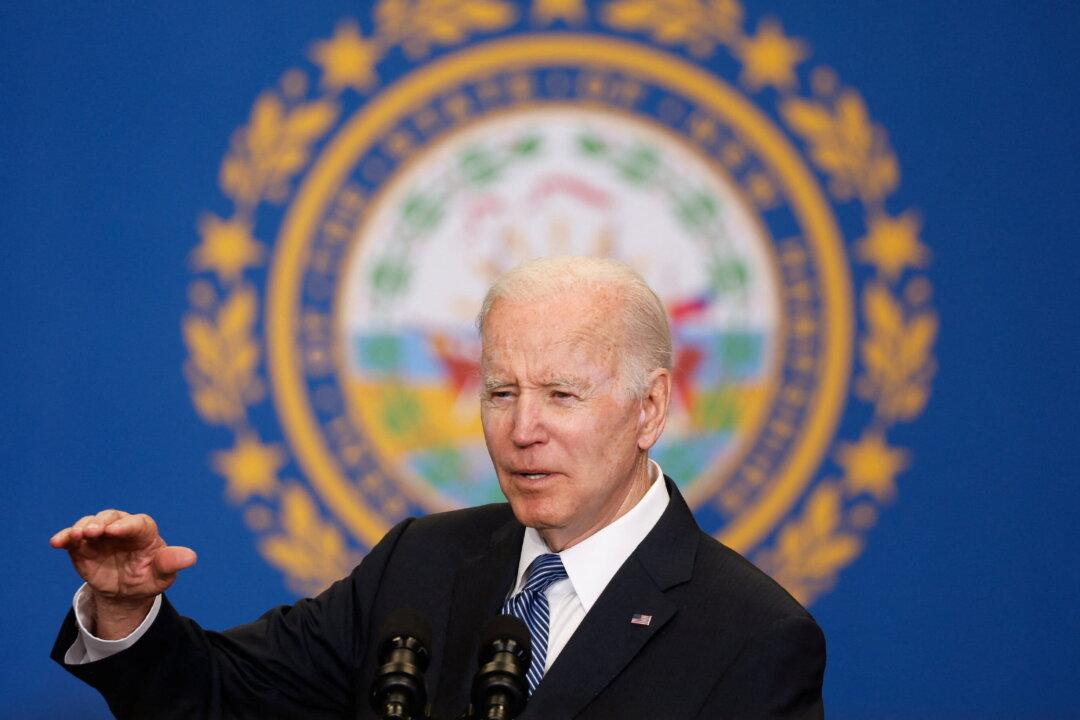Dismal poll numbers suggesting that a low number of Americans think highly of the job that President Joe Biden is doing—a mere 33 percent of respondents in a Quinnipiac poll last week said they approved—have helped prompt a pivot on Biden’s part toward a greater focus on domestic issues, even as the Ukraine crisis continues to consume much of his attention.
Biden hopes to bolster his party’s image in time for the midterm elections in November. But experts say that an enhanced focus on domestic issues—or the appearance of one—is unlikely to salvage the prospects of the Democratic Party. The party, they say, continues to allow its most radical left-wing elements to shape its policies and stances on the issues of concern to voters, particularly Hispanic voters and others who have long been crucial to the electoral prospects of a party that promotes itself as a champion for working people and diversity.





